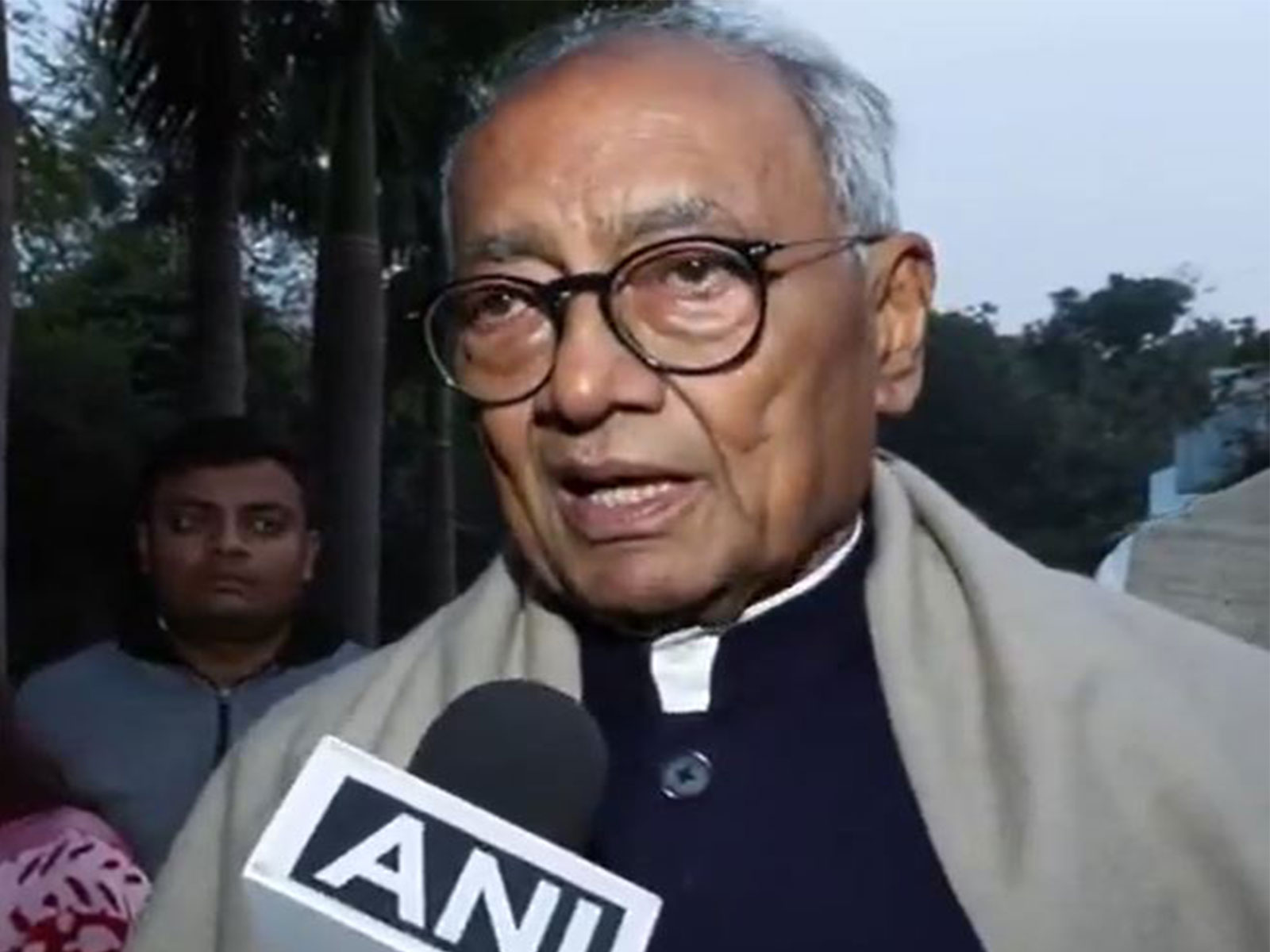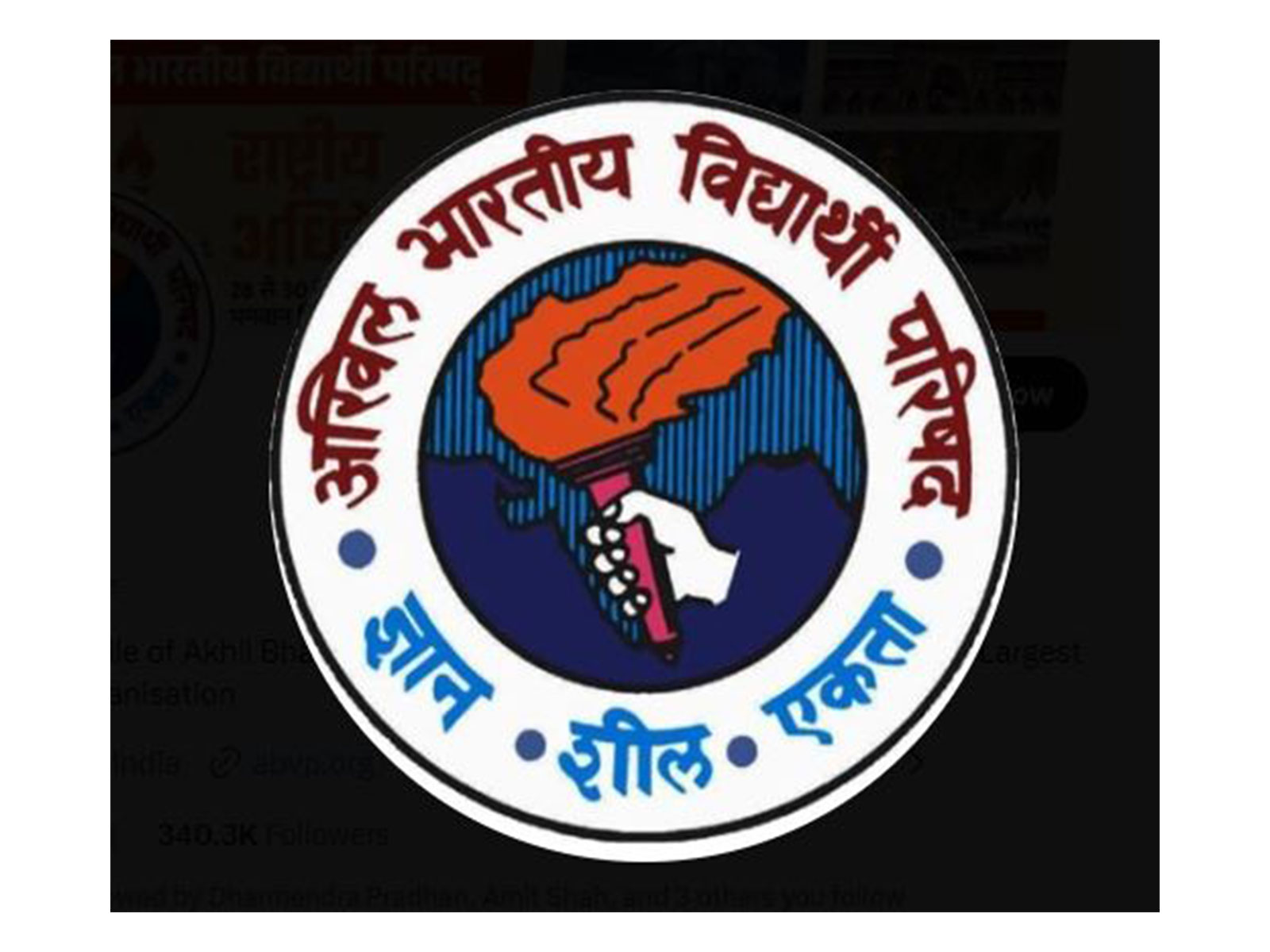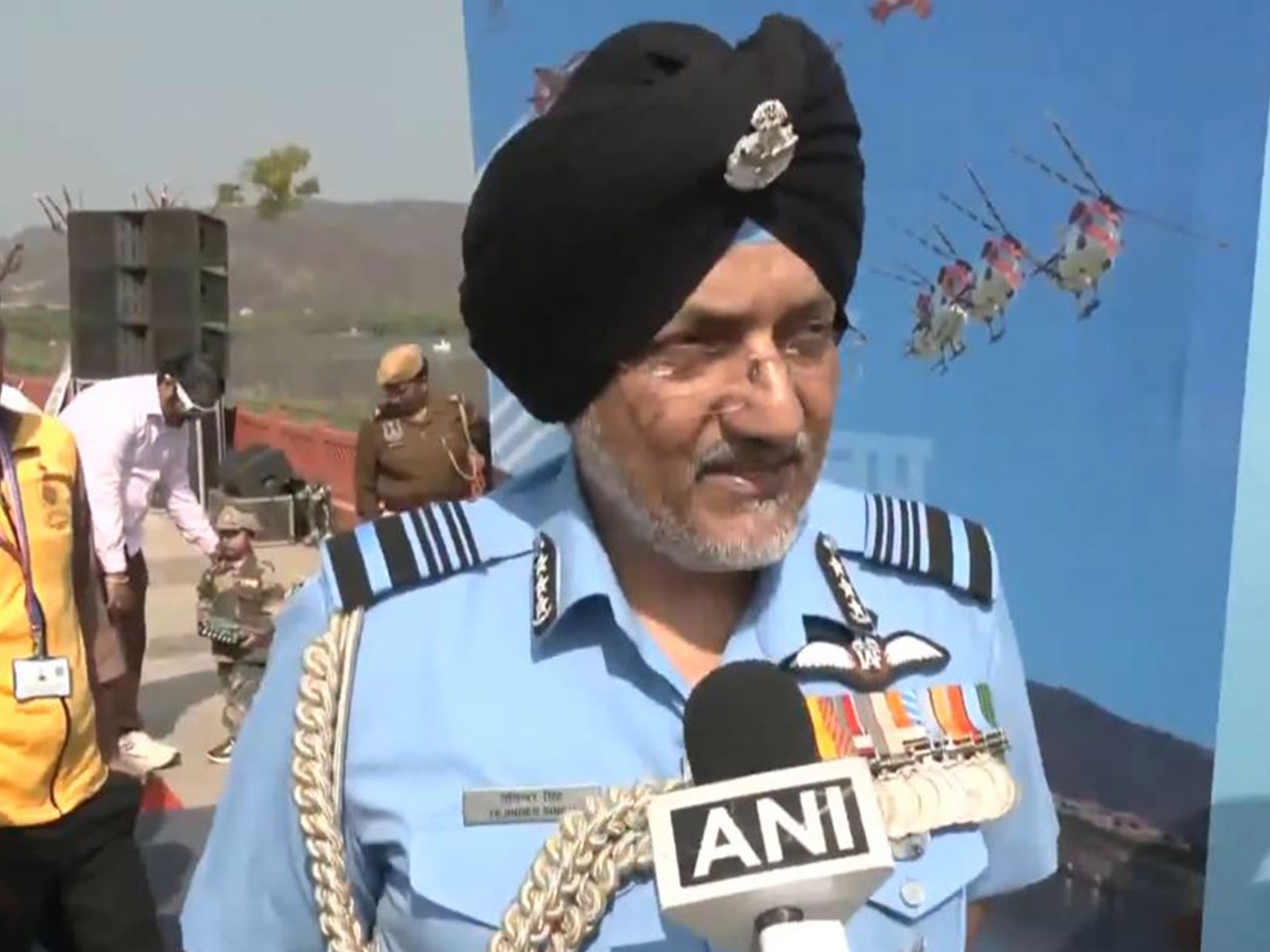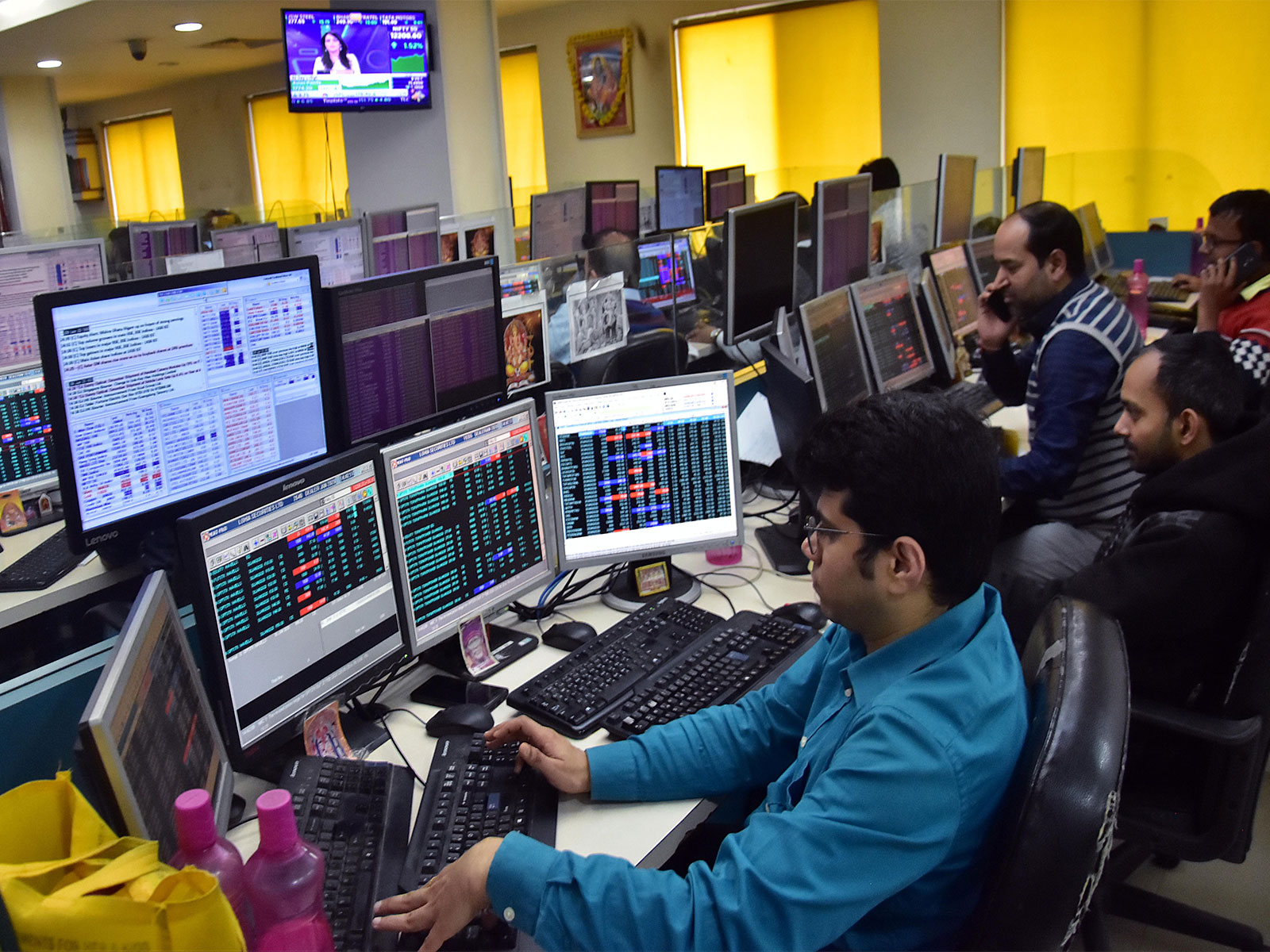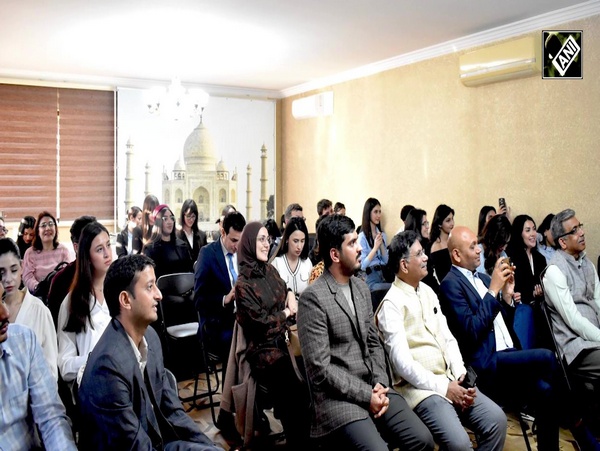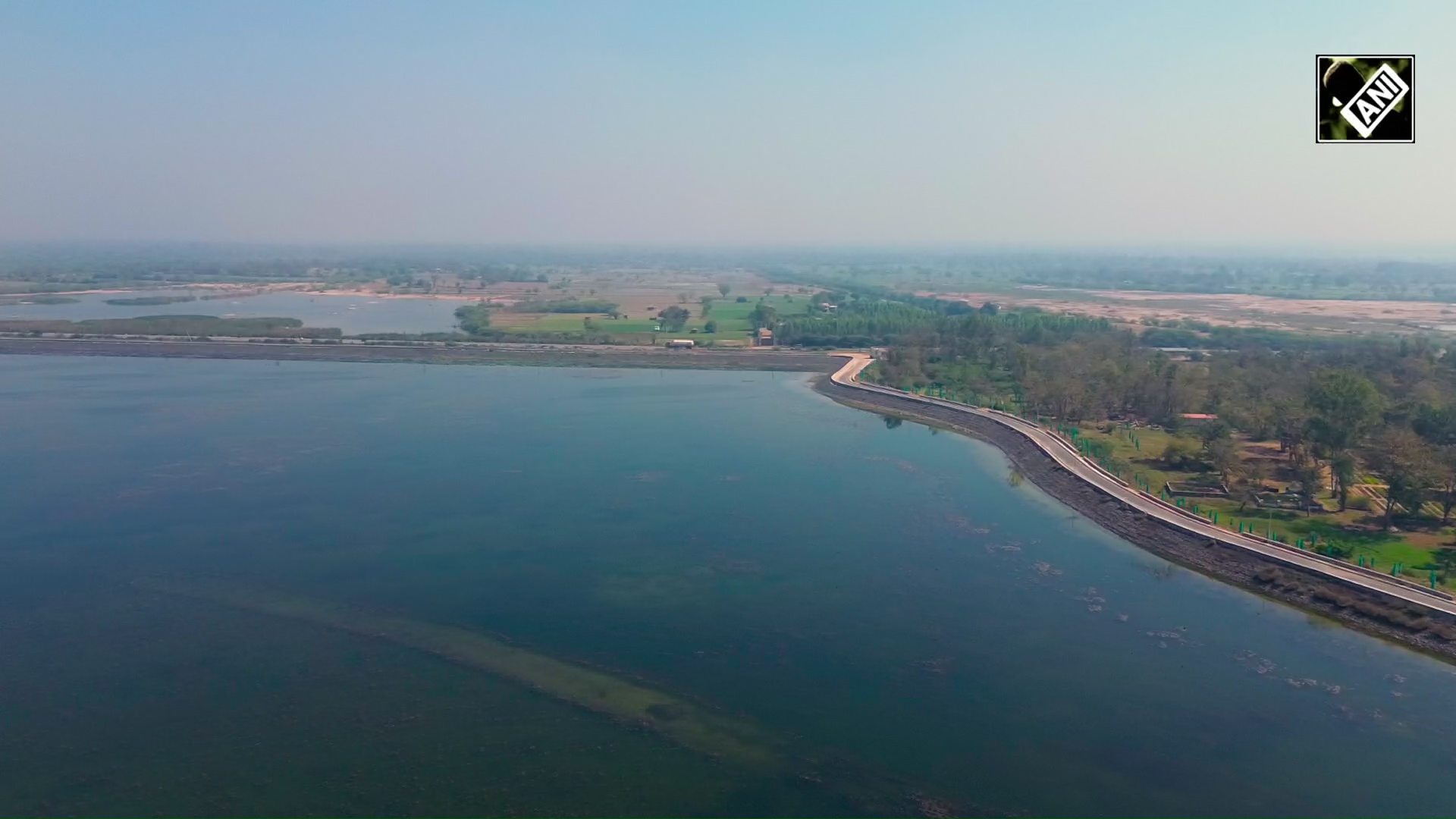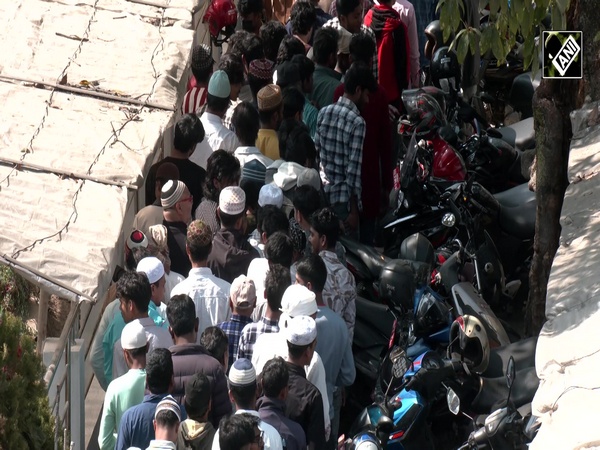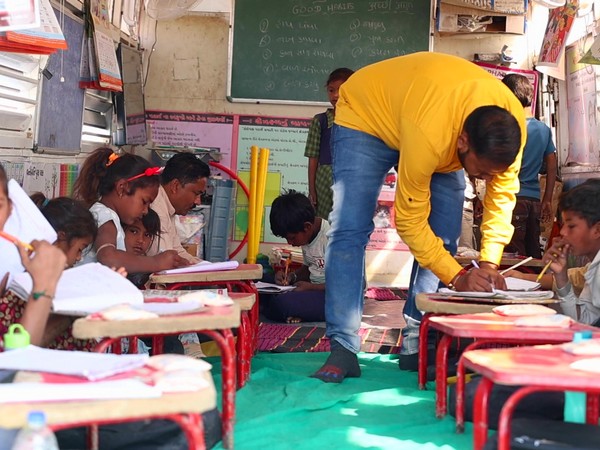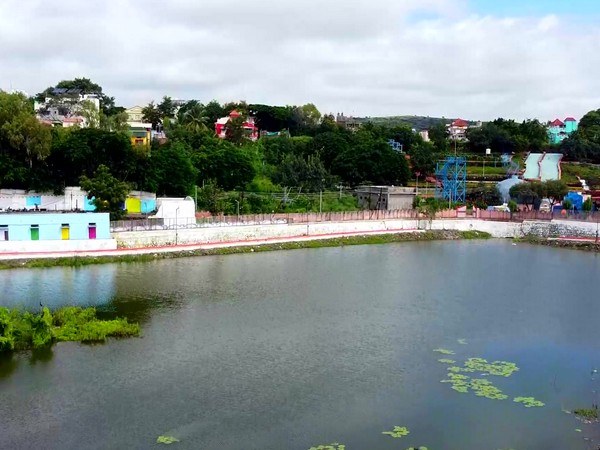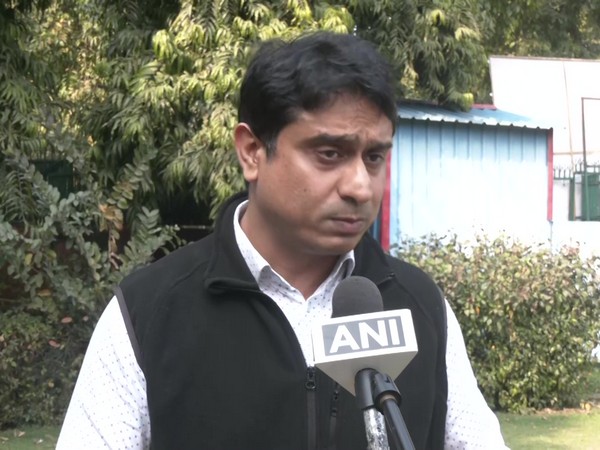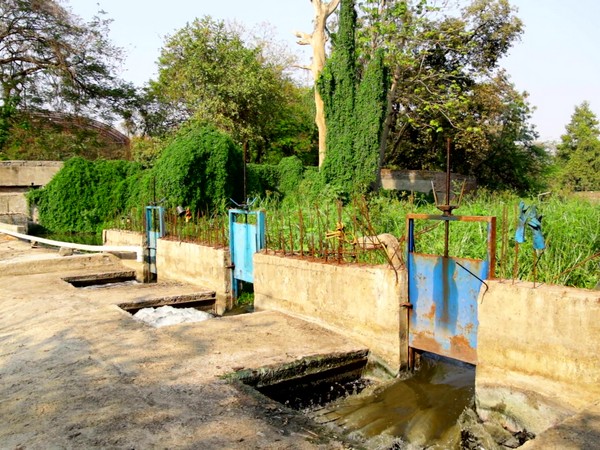India showcases its technology-driven justice reforms at OECD roundtable in Madrid
Nov 14, 2025
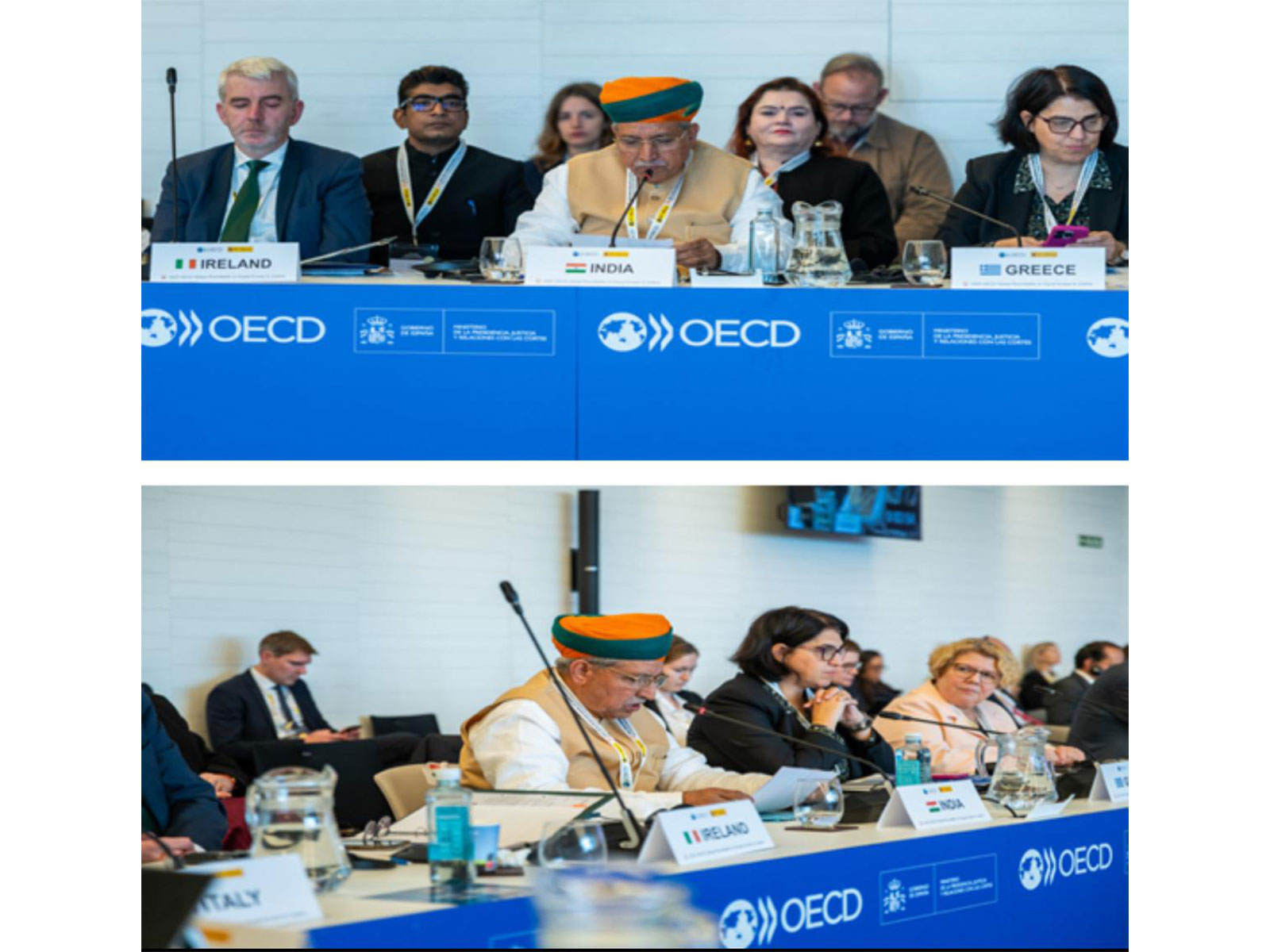
Madrid [Spain], November 14 : India reaffirmed its commitment to building an inclusive and technology-enabled justice system at the 10th OECD Global Roundtable on Equal Access to Justice in Madrid, where Minister of State (Independent Charge) for Law & Justice Arjun Ram Meghwal participated in the Justice Leaders Dialogue.
The meeting, centred on the theme "Data-Driven and Resilient Justice Systems for Shared Prosperity," brought together justice ministers, policymakers, judicial administrators and experts from across the world to discuss how justice systems can remain responsive amid technological change and shifting citizen expectations.
In his address, the Minister highlighted India's constitutional vision of justice, guided by Article 39A, which guarantees equal justice and free legal aid. He said that India's reform agenda is anchored in a people-centric, empathetic and technology-driven approach. Quoting Dr. B.R. Ambedkar, he underscored that justice is fundamentally tied to the principles of liberty, equality and fraternity.
Meghwal added that judicial reform in a large and diverse democracy must be supported by strong digital public infrastructure, robust data systems and human-centred outreach.
The Minister detailed India's major digital interventions, particularly the e-Courts Mission Mode Project, one of the world's largest justice-sector technology transformations. Now in its third phase, the project aims to make courts intelligent, paperless and integrated through the use of AI, machine learning and natural language processing.
"More than 560 crore pages of judicial records are being digitised, and over 3.86 crore virtual hearings have already been conducted. During the COVID-19 pandemic alone, the courts held nearly 4.3 crore virtual hearings. Live-streaming of court proceedings, cloud-based hosting of judicial platforms and the Inter-Operable Criminal Justice System (ICJS), which digitally links courts with police, prosecution, prisons and forensics, are helping improve transparency, efficiency and evidence-based decision-making," he said.
Meghwal also spoke about community-oriented initiatives that complement digital reforms. He highlighted DISHA, which combines technological innovation with on-ground outreach to ensure last-mile delivery of justice services.
"Under the Tele-Law programme, more than 1.1 crore citizens have received free legal advice in 22 regional languages. Initiatives such as Nyaya Setu and Vidhi Baithaks have enhanced access to justice by overcoming barriers of geography, language and limited legal awareness," Meghwal said.
Speaking on the role of emerging technologies, the Minister stressed that India's adoption of artificial intelligence in the justice system is guided by ethical safeguards, human supervision and strong privacy protections. Tools such as SUVAS for translation of judgments, SUPACE for intelligent legal research and AI-driven case-management systems are improving speed and accuracy without undermining judicial discretion.
He further recalled India's leadership in promoting access to legal aid globally through the 1st Regional Conference on Access to Justice held in 2023, which saw participation from 191 delegates representing 51 countries. The Minister expressed India's readiness to collaborate with OECD members and partner nations on ethical AI governance, digital inclusion and data interoperability so that technological advancements strengthen, rather than restrict, access to justice.
India's delegation also included Law Secretary Anju Rathi Rana. The country's participation in the OECD Roundtable reaffirmed its commitment to people-centric and innovation-driven justice reforms. Invoking the philosophy of Vasudhaiva Kutumbakam, "The World Is One Family". Meghwal called for deeper global cooperation to build equitable and resilient justice systems for all.
